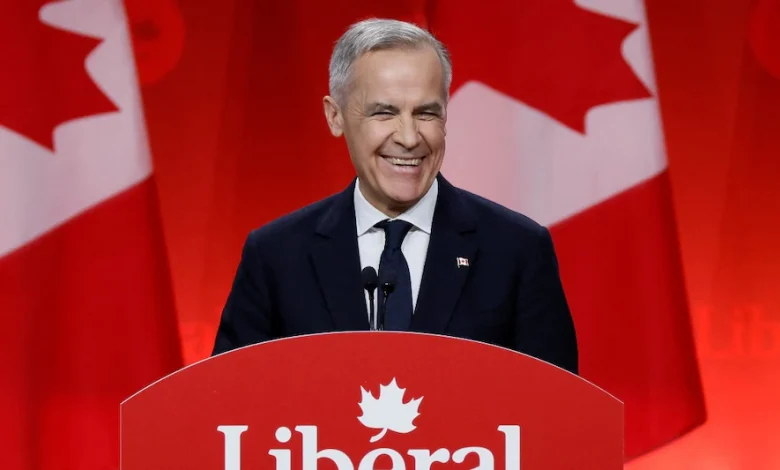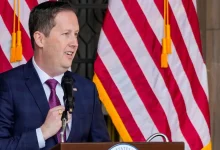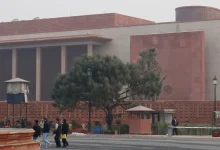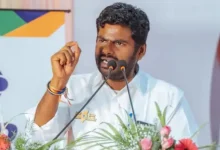Mark Carney Leads Liberals to Victory in Canadian Election Amid Trump-Induced Nationalist Surge

Toronto: Mark Carney’s Liberal Party clinched victory in Canada’s federal election on Monday, a remarkable reversal driven by U.S. President Donald Trump’s aggressive rhetoric and threats of annexation.
Initial projections showed the Liberals winning more seats than the Conservatives in the 343-member Parliament, although it remained uncertain whether they secured a majority 172 seats or would need support from smaller parties to form a government.
The Liberal Party’s fortunes had seemed bleak until Trump launched attacks on Canada’s economy and sovereignty, suggesting the country should become America’s 51st state. This sparked widespread nationalist sentiment across Canada, helping the Liberals reframe the election and secure a fourth consecutive term.
In his victory address in Ottawa, Carney underscored the need for unity, warning that the longstanding partnership between Canada and the United States, in place since World War II, had effectively ended.
“We have moved past the initial shock of America’s betrayal, but the lessons must stay with us,” Carney told supporters.
“As I’ve warned for months, America covets our land, our resources, our water, and our country. These are not empty threats. President Trump seeks to break us to own us. That will never happen. But we must accept that the world we knew has changed forever.”
Conservative Setback
Pierre Poilievre, leader of the Conservative Party, had aimed to make the election a referendum on former Prime Minister Justin Trudeau, whose popularity waned amid rising living costs. However, following Trump’s inflammatory remarks, Trudeau stepped down and Carney, a former central banker, assumed leadership of the Liberals.
Conceding defeat, with his own seat still undecided, Poilievre promised to continue fighting for Canadians’ right to affordable housing and safer communities.
“We recognize we fell short tonight,” Poilievre said in Ottawa. “Change is necessary, but it’s also challenging. We must learn from tonight to deliver a stronger result when Canadians next choose their future.”
Despite a deadly attack at a Vancouver street festival over the weekend, Trump continued to taunt Canadians, suggesting on social media that he was “on their ballot” and repeating calls for Canada’s statehood. He incorrectly claimed that the U.S. subsidizes Canada, stating, “It makes no sense unless Canada is a State!”
These provocations angered many Canadians, leading to record early voting turnout, with 7.3 million ballots cast before election day.
“The Americans want to break us so they can own us,” Carney warned during his campaign. “This is not mere rhetoric. This is the threat we face.”
While casting his vote on Monday, Poilievre urged citizens to “vote for change,” but his Trump-inspired style may have hurt his chances.
Toronto resident Reid Warren said he voted Liberal because Poilievre “sounded like a mini-Trump,” adding that Trump’s tariffs concerned him.
“Canadians uniting against American hostility is heartening, but it’s created undeniable unrest,” Warren remarked.
According to historian Robert Bothwell, Poilievre’s appeal to grievances similar to those Trump exploits backfired.
“The Liberals should send Trump a thank-you note,” Bothwell quipped. “Every time Trump talks, it’s bad news for the Conservatives.”
Challenges Ahead for Liberals
Despite their victory, the Liberals face considerable challenges. Without a parliamentary majority, they may need backing from smaller parties. The Bloc Québécois, a separatist group from Quebec, appeared poised to finish third. Meanwhile, the New Democratic Party (NDP), previously a key ally for Trudeau’s minority government, suffered a poor performance. NDP leader Jagmeet Singh announced his resignation after eight years at the helm.
“This comeback is extraordinary,” noted McGill University political science professor Daniel Béland. “However, without a majority, governing could become precarious in a fractured Parliament.”




